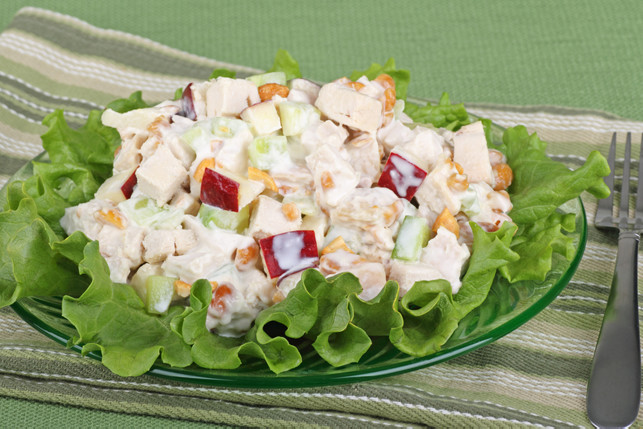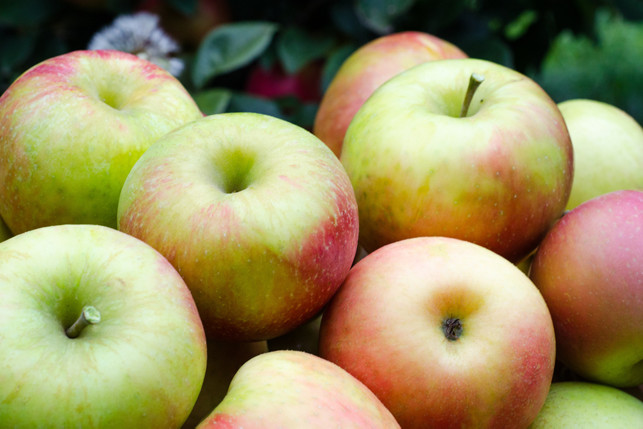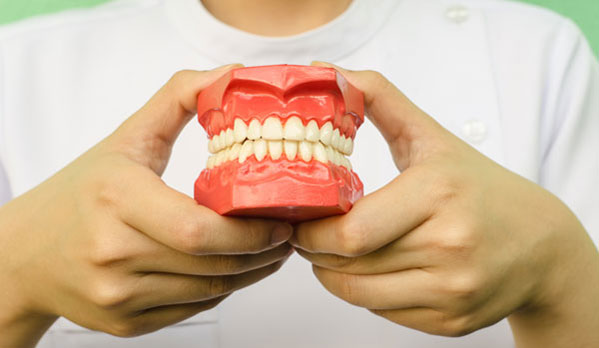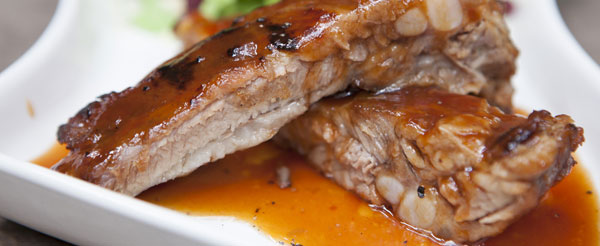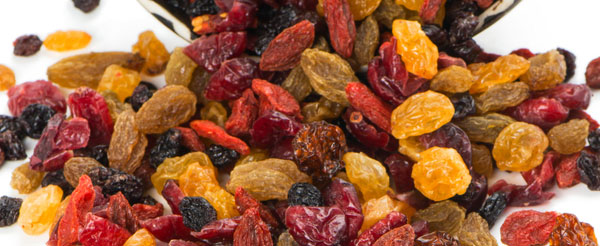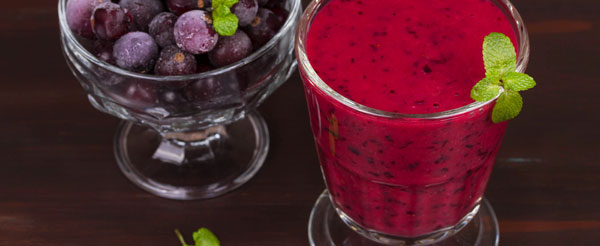
It’s never too early to begin a healthy oral care routine. In fact, you should begin caring for your child’s gums long before their first tooth emerges, which is usually around the six-month mark of their life. Healthy gums are an important predicator of healthy teeth, and maintaining clean gums will help ensure that your child has healthy, cavity-free baby teeth. But how can you keep your infant’s mouth clean? Below are some tips that will you keep your new child’s mouth clean, and set them up for a healthy smile later in life.
Avoid Baby Bottle Tooth Decay
Baby bottle tooth decay is one of the most common ailments that young children encounter. It usually occurs when infants drink milk or other sugary beverages in their bottle without cleaning their mouths afterwards. You can avoid baby bottle tooth decay by giving your child water after they’ve had milk, and by limiting or eliminating sugary beverages in their bottles. If your child requires a bedtime bottle, then make sure that it is filled with only water so that you’re not exposing their teeth to sugar for long periods.
Use a Washcloth
You can clean your infant’s gums – or their first teeth – by simply using a cold, clean wash cloth. Simply rinse a clean, soft wash cloth with cool water and wring it out. After your child has finished eating, or drinking a sugary drink, use the damp wash cloth to gently wipe out their mouth. This will remove any sugar or acid that’s left by their food, and help prevent early cavities.
Find the Right toothbrush
Once your child has a few more baby teeth – usually between 8 and 12 months – then you can graduate from a wash cloth to a toothbrush designed for toddlers. There are a lot of toothbrushes designed for babies and toddlers from which to choose. Generally speaking, toothbrushes designed for babies have much softer bristles and a smaller head than those meant for older children.
After finding the right toothbrush, begin brushing your child’s teeth and gums twice per day. Make sure to be extra gentle, since their teeth and gums are still developing and are quite sensitive. Use toothpaste with fluoride that is made for very young children, and not as spicy as adult’s toothpaste. Use only a smear of toothpaste – about the size of a grain of rice – to bruish their teeth. When they’ve gotten older and have more teeth, use a pea-sized amount of toothpaste. Always be sure to rinse their mouth out with cool water after you’re done brushing, and try to keep them from swallowing any toothpaste.
Visit Our Office
If you’ve just had a baby, and are unsure about how to properly care for their mouth, then visit our office. The American Association of Pediatric Dentists advises new parents that their child should establish a dental home by their first birthday. By doing so, you can help your child avoid cavities, and become more comfortable visiting the dentist as they age. Our office is designed to cater to children, and create a relaxing and unintimidating atmosphere which they look forward to visiting.

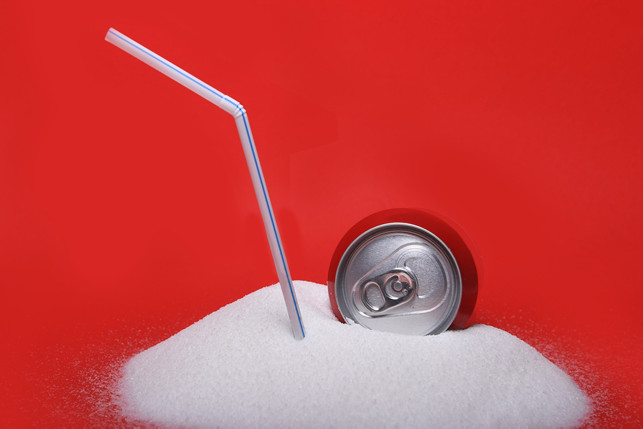


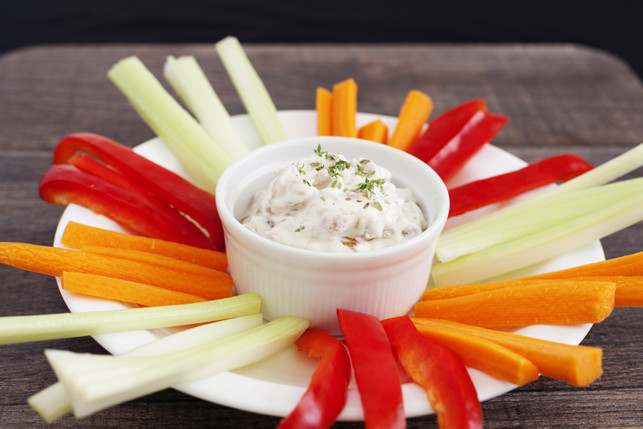 Celery, Carrots and Raw Bell Pepper
Celery, Carrots and Raw Bell Pepper
